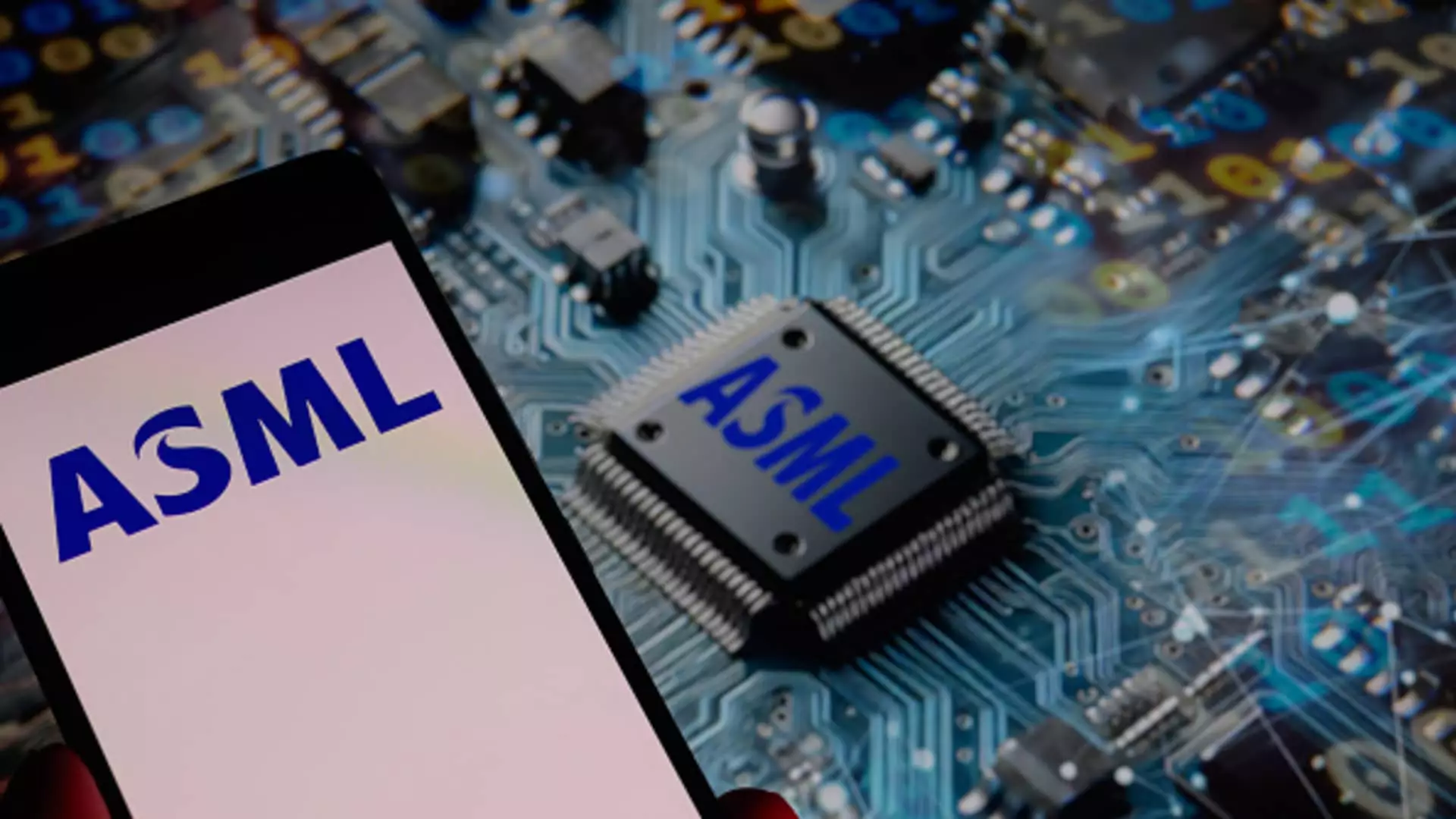The Dutch government recently announced that it is broadening its export restrictions on advanced semiconductor manufacturing equipment, specifically on more types of chipmaking tools produced by ASML. This decision to impose further curbs reflects the government’s commitment to national security in the face of evolving technological advancements and heightened security risks in the global geopolitical landscape. Minister Reinette Klever emphasized the necessity of these measures in safeguarding critical manufacturing equipment and ensuring responsible export practices.
Impact on Global Trade Flows
The expanded restrictions not only affect ASML, a prominent player in the semiconductor industry with its cutting-edge machinery, but also have broader implications for global trade. With the Netherlands serving as a pivotal hub for semiconductor technology, the government’s actions signal a proactive stance in aligning with international efforts to regulate the export of sensitive technologies. By requiring licenses for the export of semiconductor equipment, the Dutch government aims to strike a balance between security concerns and maintaining smooth trade flows and value chains.
The US’s recent rollout of export controls on critical technologies, including semiconductor goods, has placed pressure on allied countries like the Netherlands to strengthen their own export curbs. Washington’s strategic focus on restricting key chipmaking tools underscores the interconnected nature of the semiconductor industry and the importance of coordinated efforts to protect sensitive technologies. ASML’s central role in producing advanced chips has made the Netherlands a key target for US policymakers seeking to enhance export controls within the semiconductor sector.
ASML’s semiconductor manufacturing equipment, particularly its extreme ultraviolet (EUV) and deep ultraviolet (DUV) lithography machines, lies at the heart of the company’s operations. The imposition of export restrictions on ASML’s TWINSCAN NXT:1970i and 1980i DUV immersion lithography systems underscores the Dutch government’s commitment to regulating the export of equipment critical for producing cutting-edge chips. While EUV lithography machines cater to chipmakers requiring high-performance chips, DUV lithography machines are essential for manufacturing memory chips used in various electronic devices.
The Dutch government’s decision to expand export restrictions on semiconductor manufacturing equipment reflects a proactive approach to addressing national security concerns in the semiconductor industry. By aligning with international efforts and responding to evolving security risks, the Netherlands aims to strike a balance between safeguarding sensitive technologies and promoting global trade. ASML’s pivotal role in semiconductor production underscores the significance of export controls in regulating the flow of critical chipmaking tools, thereby contributing to a more secure and resilient semiconductor ecosystem.

Leave a Reply